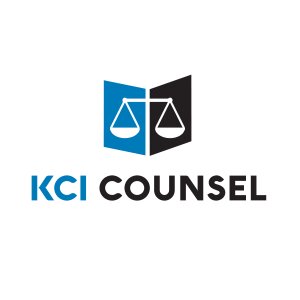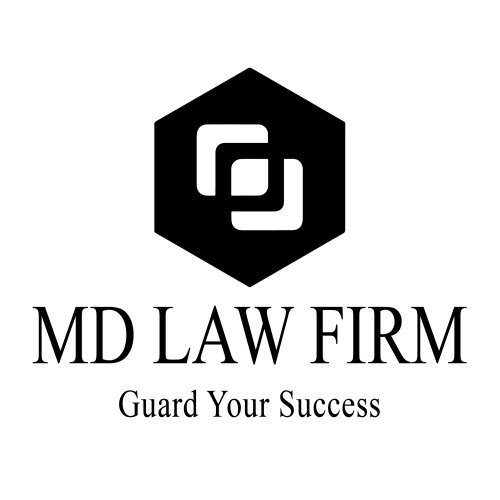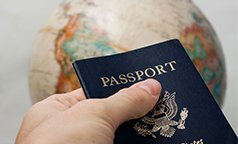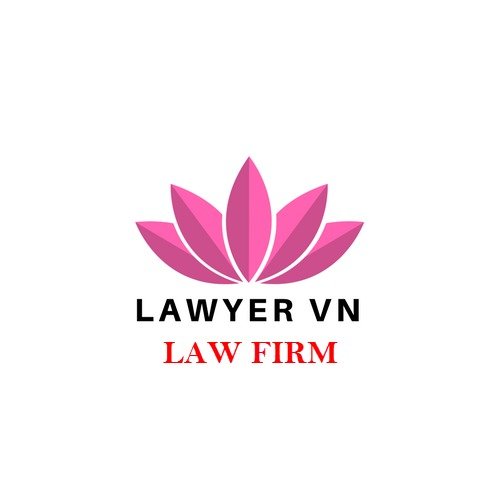Best Immigration Lawyers in Vietnam
Share your needs with us, get contacted by law firms.
Free. Takes 2 min.
Or refine your search by selecting a city:
List of the best lawyers in Vietnam

About Immigration Law in Vietnam
Vietnam's immigration laws govern the entry, exit, transit, and residence of foreign nationals. The policies aim to attract foreign investment and skilled workers while protecting national security and sovereignty. The Immigration Department, under the Ministry of Public Security, is primarily responsible for managing and enforcing these laws. With changes over recent years, Vietnam has gradually facilitated easier entry for tourists, workers, and investors.
Why You May Need a Lawyer
Engaging a lawyer can be beneficial in several circumstances related to immigration. If you are applying for a work permit, visa extension, or seeking permanent residency, legal guidance can ensure compliance with complex requirements. In the event of a visa denial or if facing deportation, legal intervention is crucial. Moreover, businesses employing foreign staff might need legal assistance to navigate labor and immigration laws effectively.
Local Laws Overview
Key regulations affecting immigration in Vietnam include the Law on Entry, Exit, Transit, and Residence of Foreigners, along with the Labor Code. These laws stipulate various visa types, such as tourist, business, and investor visas, and their respective requirements. The Work Permit Requirement is an essential component, mandating foreign employees to obtain permits, with specific exemptions. Permanent residency and citizenship are harder to obtain, involving rigorous scrutiny and requirements.
Frequently Asked Questions
What types of visas are available in Vietnam?
Vietnam offers multiple visa categories, including tourist, business, work, student, and investor visas, each with specific requirements and validity periods.
How can I extend my stay in Vietnam?
To extend your stay, you must apply for a visa extension through the Immigration Department before your current visa expires. Legal assistance might streamline this process.
Do I need a work permit to work in Vietnam?
Yes, generally, foreign nationals must have a work permit to be employed in Vietnam, subject to certain exemptions such as working under three months or internal company transfers.
How can I apply for permanent residency in Vietnam?
Applying for permanent residency requires meeting certain criteria such as marriage to a Vietnamese citizen, contribution to society, and a long-term visa stay, along with following the applicable legal procedures.
What should I do if my visa application is denied?
In case of a visa denial, understanding the reason behind it is crucial. You may appeal the decision or reapply, possibly with changes or additional documentation. A lawyer can help navigate this process.
Can I start a business in Vietnam as a foreigner?
Yes, foreign nationals can establish and operate businesses in Vietnam, but must comply with local laws and regulations, including investments, corporate, and labor laws. Legal advice is recommended.
Are there family-based immigration options in Vietnam?
Vietnam provides options for family reunification visas, allowing certain family members of foreign nationals residing in Vietnam to apply for visas, given they meet specific requirements.
How can I switch from a tourist visa to a work visa?
Switching from a tourist to a work visa usually requires leaving the country to apply for the appropriate visa. Consultation with a legal expert is recommended to ensure compliance.
Is health insurance mandatory for expatriates in Vietnam?
While not compulsory for general stay, health insurance is highly recommended for foreign nationals due to the high cost of healthcare without it. Additionally, some visas might require proof of insurance.
What do I do if my visa expires while in Vietnam?
If your visa expires, you should seek legal assistance immediately. You may face fines or deportation and need to apply for special extensions in some cases.
Additional Resources
For further assistance, contacting the Vietnam Immigration Department or the local Vietnamese embassy or consulate can be helpful. Additionally, organizations like the United Nations International Organization for Migration (IOM) and local legal firms specializing in immigration provide valuable support for navigating Vietnam's immigration systems.
Next Steps
If you need legal assistance with immigration in Vietnam, start by consulting with a legal expert specializing in immigration law. Prepare all your documents and understand your visa requirements thoroughly. Consider reaching out to maritime professionals or legal firms who can offer personalized guidance tailored to your specific situation. This preparation and informed legal consultation will substantially increase the likelihood of a successful immigration process.
Lawzana helps you find the best lawyers and law firms in Vietnam through a curated and pre-screened list of qualified legal professionals. Our platform offers rankings and detailed profiles of attorneys and law firms, allowing you to compare based on practice areas, including Immigration, experience, and client feedback.
Each profile includes a description of the firm's areas of practice, client reviews, team members and partners, year of establishment, spoken languages, office locations, contact information, social media presence, and any published articles or resources. Most firms on our platform speak English and are experienced in both local and international legal matters.
Get a quote from top-rated law firms in Vietnam — quickly, securely, and without unnecessary hassle.
Disclaimer:
The information provided on this page is for general informational purposes only and does not constitute legal advice. While we strive to ensure the accuracy and relevance of the content, legal information may change over time, and interpretations of the law can vary. You should always consult with a qualified legal professional for advice specific to your situation.
We disclaim all liability for actions taken or not taken based on the content of this page. If you believe any information is incorrect or outdated, please contact us, and we will review and update it where appropriate.
Browse immigration law firms by service in Vietnam
Vietnam Attorneys in related practice areas.
Browse immigration law firms by city in Vietnam
Refine your search by selecting a city.
















